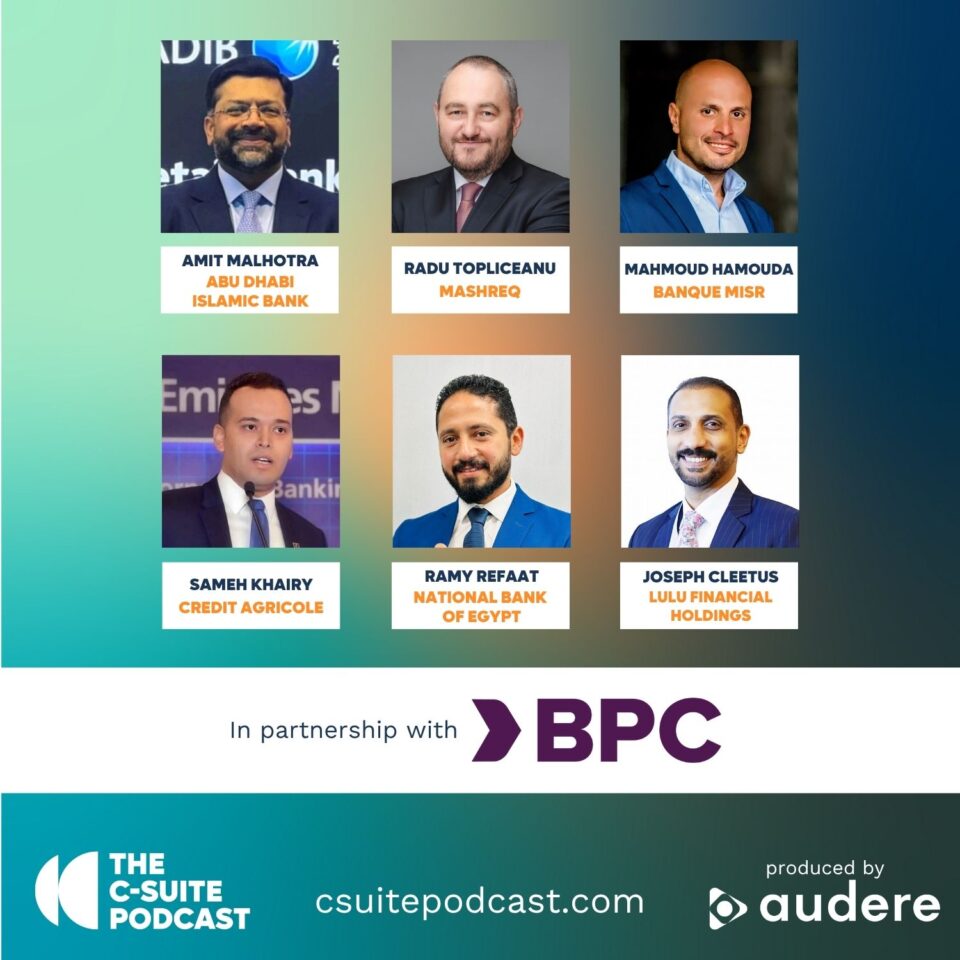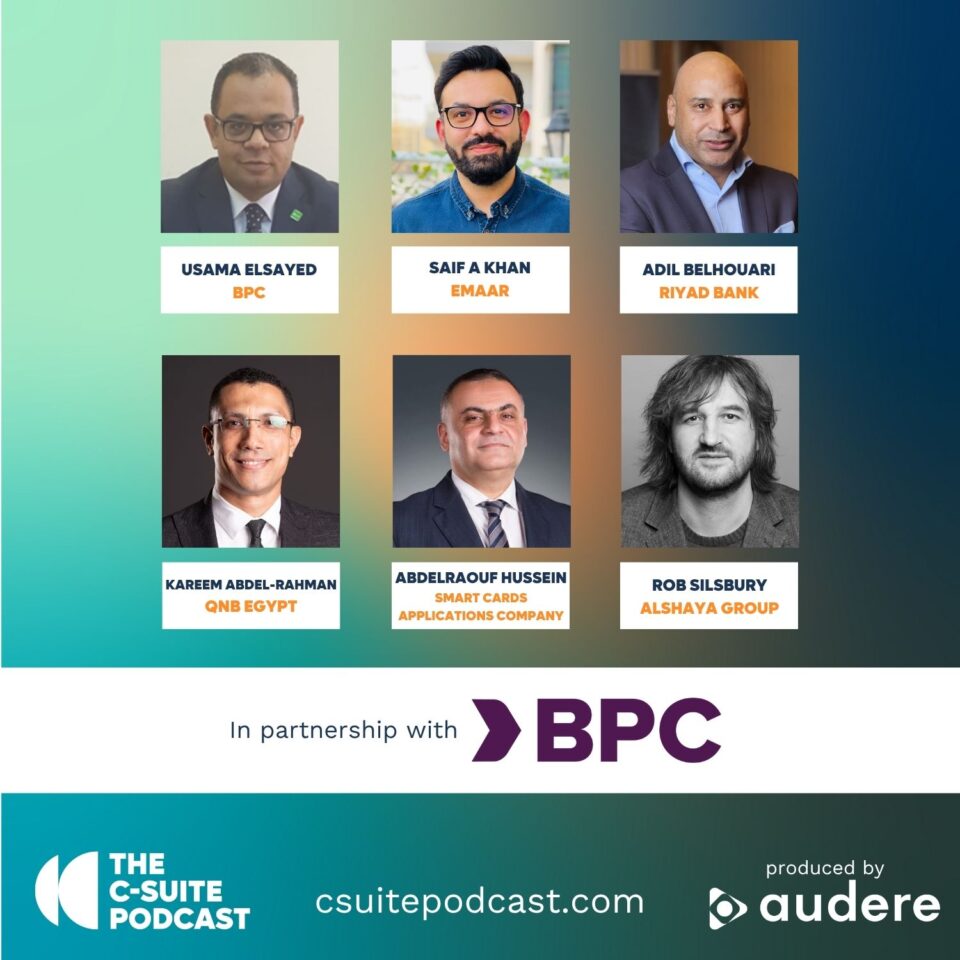Scarlett Sieber, Chief Strategy and Growth Officer, Money20/20

Chatting to Scarlett Sieber from Money20/20
Scarlett Sieber, Chief Strategy Officer at Money20/20, provides an overview of the event and its dynamic nature, emphasising the evolving composition of the financial industry.
Key themes at Money20/20 include AI, Real-Time Payments (RTP), Regtech, and regulation. Scarlett highlights the various angles from which AI is discussed, with a focus on practical use cases and industry insights.
Scarlett discusses her book, “Embedded Finance When Payments Become an Experience,” co-authored with Sophie Guibaud. The book aims to make finance accessible to all, featuring real-life use cases to provide practical insights.
She delves into the challenges faced by industry professionals, including customer onboarding and fraud prevention, focusing on the importance of identity and secure customer onboarding.
Money20/20 serves as a platform for significant announcements, with Scarlett mentioning Sunil Madhu’s announcement of “Multipass” by Instnt at the event. She emphasises Money20/20’s role in setting industry trends and facilitating innovation launches.
Tyler Pihl, VP – Enterprise Risk, Service Credit Union

Recording with Tyler Pihl from Service Credit Union
Tyler Pihl, VP for Enterprise Risk at Service Credit Union, participated in a panel session alongside Sarah Beth Felix from Acceleron Bank. Their discussion focused on real-time payments fraud and FedNow, and Tyler shared insights into the benefits and challenges of implementing this service.
FedNow’s introduction is expected to revolutionise the way businesses handle payments, including addressing weekend payments and improving peer-to-peer transactions. Tyler emphasised the need to consider implementing the service, even without a comprehensive understanding of all future use cases. To do so, financial institutions can engage third-party providers to manage and enable the service, ensuring the capability to send and receive payments.
Service Credit Union’s approach to fraud prevention and Know Your Customer (KYC) involves behavioral analysis of members to verify their identity. This process is essential to building confidence in the legitimacy of payments, particularly as the trend of account takeovers and fraud becomes increasingly prevalent.
Tyler also discussed the evolution of fraud techniques, highlighting the accessibility of AI tools for fraudsters, including voice mimicry and convincing social engineering methods.
In the race against fraudsters, Tyler underlined the importance of protecting members without their awareness, as educating them on fraud prevention might not be sufficient. The ability to monitor and intervene in transactions with red flags, then contacting the member for verification, is key to preventing fraud effectively.
Despite the ever-changing landscape of fraud, the mission is to safeguard members without requiring them to actively prevent fraud. This proactive approach ensures that members remain protected and minimises their vulnerability to evolving fraud tactics.
Tyler Pihl concluded the interview by highlighting the significance of continuous vigilance in the fight against fraud, ultimately providing a safe and secure financial experience for members.
Chad Ritchie, CIO, Ventura County Credit Union

Interviewing Chad Ritchie from Ventura County Credit Union
Chad Ritchie, CIO of Ventura County Credit Union, discussed their journey towards digital transformation in the credit union industry. Their key focus was breaking free from monolithic, outdated vendors to offer modern, user-friendly digital experiences to their members. Chad highlighted the need for open APIs and microservices to facilitate this transformation and meet evolving member expectations.
Chad described the concept of a “member 360-degree view,” where all member information is consolidated onto one screen, ensuring a seamless and painless experience. This member-centric approach aims to eliminate the need for members to repeat information during customer service interactions.
During an event called Underground Collision, Chad collaborated on a white paper that explores how generative AI impacts the credit union industry. The paper provides a framework for credit unions to maintain their core values while implementing AI-driven solutions.
Addressing the increasing threats from AI in the hands of fraudsters, Chad emphasised the importance of continuous staff education and partnering with vendors who specialise in real-time threat detection and mitigation. By keeping their staff informed and working with trusted partners, credit unions can better combat emerging threats.
Leslie Gillin, Chief Growth Officer, Pagaya

Behind the scenes interviewing Leslie Gillin of Pagaya
Leslie Gillin, Chief Growth Officer at Pagaya, discussed the significant progress made in the past year towards achieving financial inclusion. She highlighted that approximately 36% of the $15 billion in loans facilitated by Pagaya over the last 24 months went to Black and Latinx consumers, promoting economic inclusion. The company’s partnership with 26 lending partners plays a crucial role in providing access to credit for consumers who may have been declined by traditional lenders.
Leslie emphasised the growing collaboration between different players, such as financial institutions, regulators, technology companies, and AI firms, in the pursuit of financial inclusion. Banks, once seen as competitors to fintechs, are now recognising the benefits of partnering with fintechs to better serve consumers.
Regarding AI, Leslie addressed the potential for bias in AI and data, emphasising the importance of ensuring fair and equitable decisions in lending. She discussed the role of AI in tracking customer spending and credit patterns to counteract fraud, pointing out that fintechs are ahead of traditional banks in leveraging AI for underwriting and personal loans.
Leslie explained that AI plays a significant role in enhancing the customer onboarding process. Pagaya, as a B2B2C fintech company, uses an open API to connect to lending systems, improving the underwriting process for lenders and making loan approvals more accessible to consumers.
Overall, the financial industry is witnessing a shift toward leveraging AI and data for the benefit of consumers, enhancing their experiences, and improving financial inclusion.
David Park, EVP Head of Commercial Banking and Treasury Management, Axos Bank

Speaking to David Park from Axos Bank
David Park, EVP, Head of Commercial Banking and Treasury Management at Axos Bank, discussed the bank’s priorities and themes at Money20/20. Notably, the focus has been on ensuring safety and soundness, particularly following significant events in the US commercial banking sector. Axos Bank is well-positioned with a strong capital base, the majority of deposits FDIC insured, and minimal securities exposure.
David explained the importance of maintaining a strong emphasis on safety and soundness and leveraging conservative practices. The bank plans to continue its growth trajectory by expanding and hiring talented individuals in response to the three recent large bank failures.
Regarding digital onboarding and KYC, Axos Bank prioritises a seamless and secure customer experience. The bank utilises vendors to provide a digital onboarding portal, enhancing client experience and efficiency while ensuring KYC compliance.
David touched on the critical issue of fraud prevention, highlighting the bank’s measures to safeguard digital transactions. Axos Bank employs historical transaction tracking, dual approval and multi-authentication capabilities, and collaborates with clients to educate them on protecting their information. Stringent vendor vetting is crucial to prevent fraudsters from exploiting vulnerabilities.
Lastly, David discussed Zenith Information Systems, an accounting software designed for business management, family offices, and RIAs. Zenith specialises in providing high net worth individuals and corporations with a tailored accounting solution, streamlining complex financial management and cash flow projections. Axos Bank’s acquisition of various software companies, including Zenith, underscores its commitment to serving niche markets effectively.
David shared insights on the unique nature of Zenith Information Systems and how it caters to the intricate financial management needs of high net worth individuals, highlighting its role in the Axos Bank ecosystem.
Victor Santos, Co-founder & CEO, Onyx Private

Victor Santos of Onyx Private and presenter Russ
Victor Santos, Co-founder and CEO of Onyx Private, discussed his experiences and insights into building a successful fintech business. He emphasised the challenges and importance of managing fraud while scaling and highlighted the critical roles of a scalable infrastructure and a trustworthy team.
Onyx Private, which was launched in late 2021, targets young, affluent individuals typically overlooked by traditional private banks. Victor identified a gap in the market, serving high earners, not yet rich, by offering a modern, accessible private bank experience through a single super app.
Regarding customer onboarding, Onyx Private employs a self-directed approach with tool tips within the app to guide users. Additionally, they provide users with the option to schedule a call with customer associates for personalised onboarding. Victor explained that this approach significantly improves conversion and engagement rates.
To mitigate fraud, the company implements multiple layers of security, including baseline compliance and fraud checks conducted by the bank. Onyx Private adds its own rule engine, which factors in data gathered from device behavior, identity verification, and transaction monitoring. Automated decisions or manual reviews are carried out based on the rule engine’s output.










